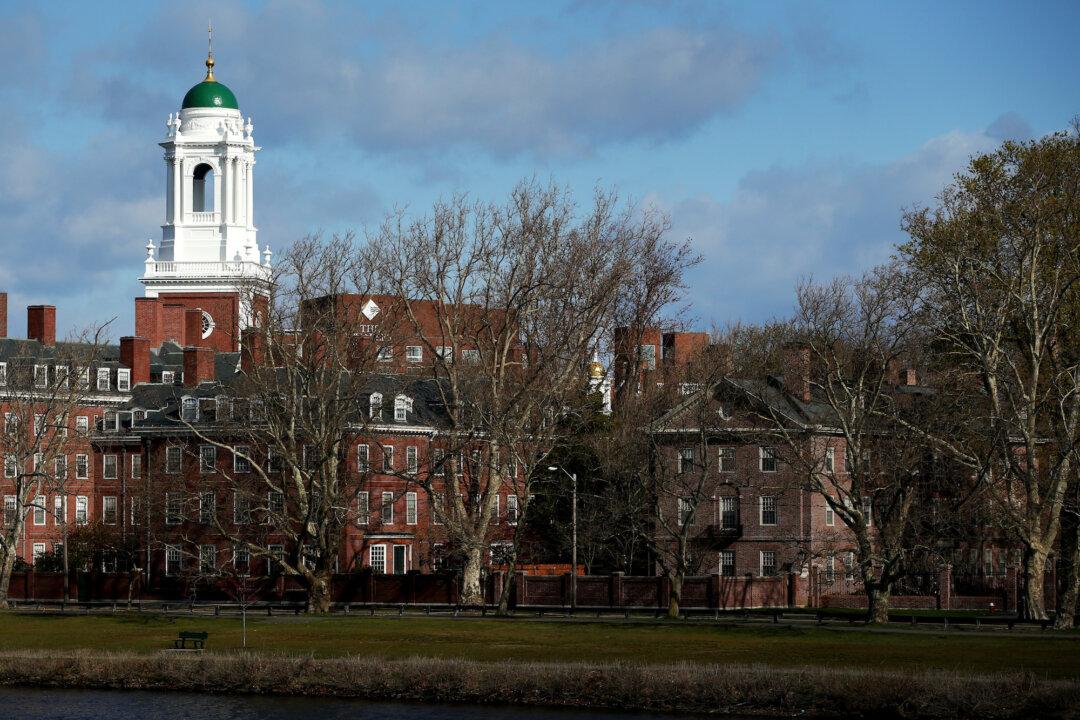The co-chair of Harvard University’s task force on anti-Semitism has resigned, marking yet another high-profile departure from the advisory group assembled to address the Middle Eastern war’s fallout on the Ivy League school campus.
Raffaella Sadun, a professor at Harvard’s business school, was appointed to lead the task force as a co-chair in January by Alan Garber, who took over as interim Harvard University president after Claudine Gay resigned amid intense scrutiny over alleged plagiarism and her handling of the rise in anti-Israel activities at the school in the wake of last October’s terrorist attacks on Israel.





